Researchers at Tokyo Metropolitan University have made a groundbreaking discovery in the fight against Alzheimer's disease, revealing that tau protein fibrils, a hallmark of the condition, do not form suddenly but rather emerge from large clusters of tau proteins. According to a study published on November 15, 2025, these clusters, known as nanoclusters, are soft and reversible, and dissolving them can almost entirely suppress the growth of fibrils.
The researchers, led by scientists at Tokyo Metropolitan University, used concepts from polymer physics to study the formation of tau protein fibrils, which are a key feature of Alzheimer's disease. They found that tau proteins do not jump straight into forming fibrils but instead assemble into loose nanoclusters. When these clusters were dissolved, the growth of fibrils was significantly reduced, suggesting a promising new strategy for treating the disease.
"This is a major breakthrough in our understanding of Alzheimer's disease," said Dr. Yui Nakamura, a researcher at Tokyo Metropolitan University and lead author of the study. "We have always known that tau protein fibrils are a key feature of the disease, but we didn't know how they formed. Now we have a clear picture of the process, and it opens up new possibilities for treatment."
According to Dr. Nakamura, the study's findings suggest that treatments could target the early, reversible stages of the disease, rather than the final, stubborn fibers. This approach could potentially prevent the progression of the disease and slow down its symptoms.
Alzheimer's disease is a complex condition that affects millions of people worldwide, causing memory loss, cognitive decline, and eventually, death. The exact cause of the disease is still not fully understood, but research has shown that the accumulation of tau protein fibrils in the brain is a key feature of the condition.
The study's findings have significant implications for the development of new treatments for Alzheimer's disease. "This study provides a new perspective on the pathogenesis of Alzheimer's disease and suggests that targeting the early stages of the disease could be a promising strategy for treatment," said Dr. Taro Niwa, a neuroscientist at the University of Tokyo.
The researchers at Tokyo Metropolitan University are now working on developing new treatments that target the early stages of the disease. "We are excited about the potential of this new approach and are working hard to develop new treatments that can prevent the progression of the disease," said Dr. Nakamura.
The study was published in a leading scientific journal and has been hailed as a major breakthrough in the fight against Alzheimer's disease. As research continues to advance, there is hope that new treatments will be developed that can slow down or even prevent the progression of the disease.







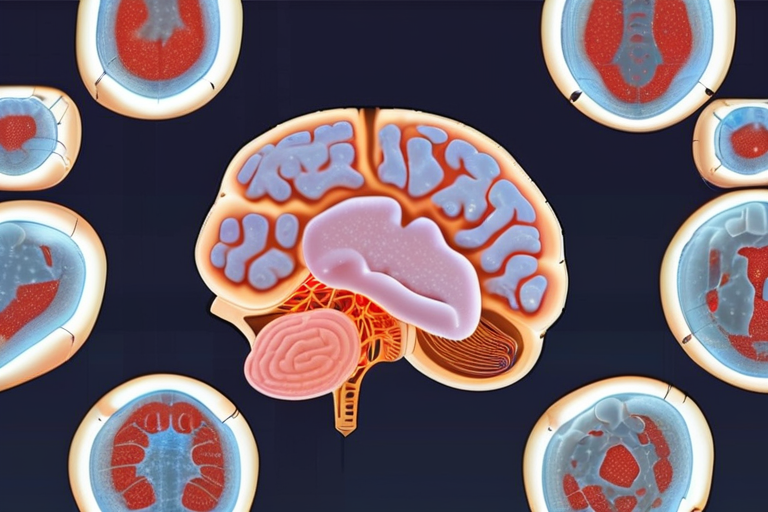
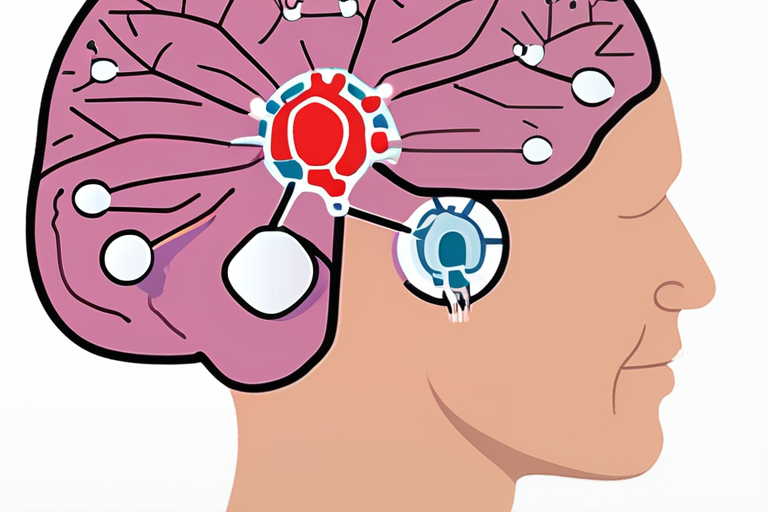



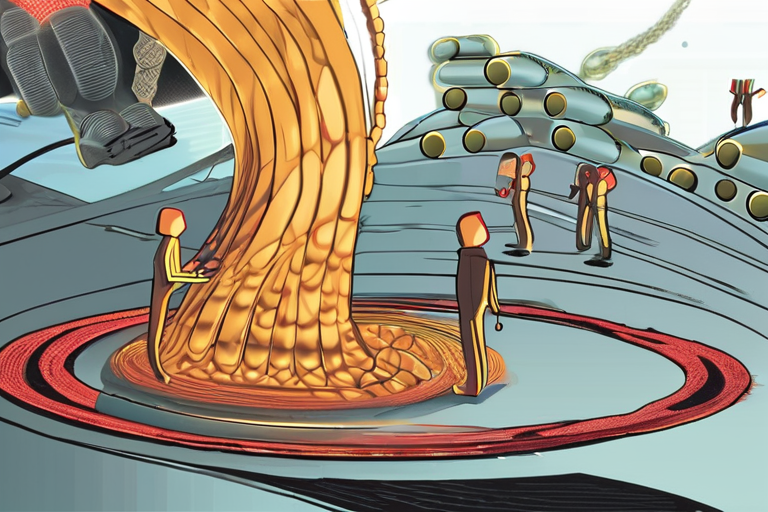



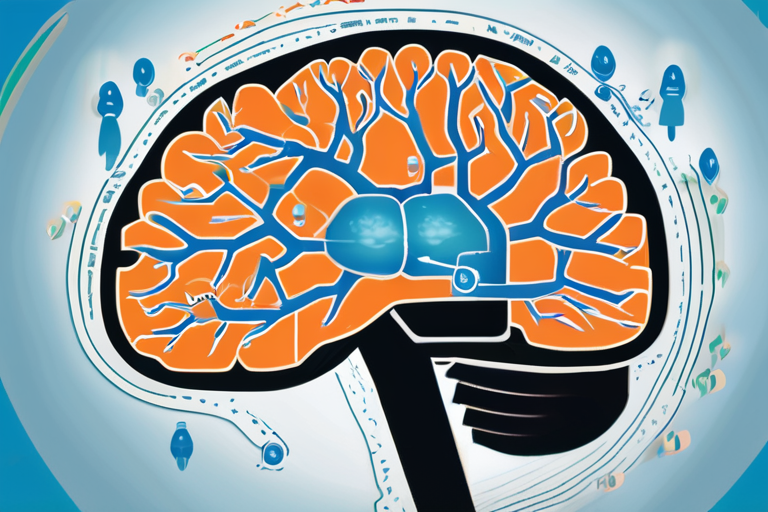




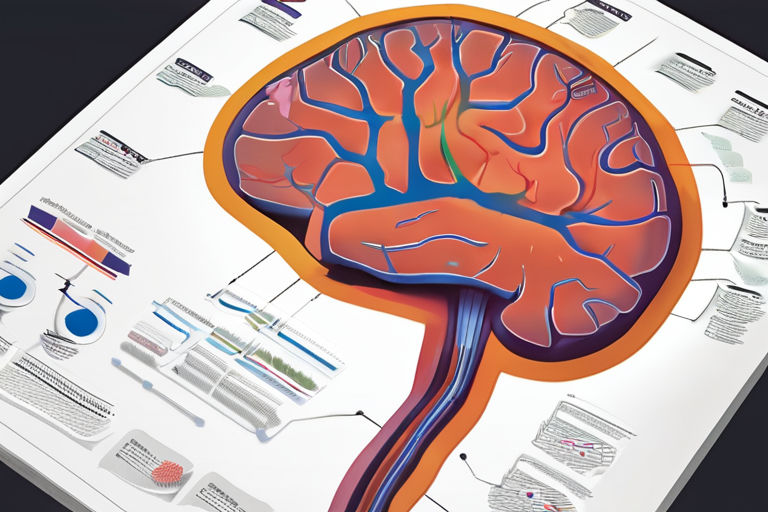

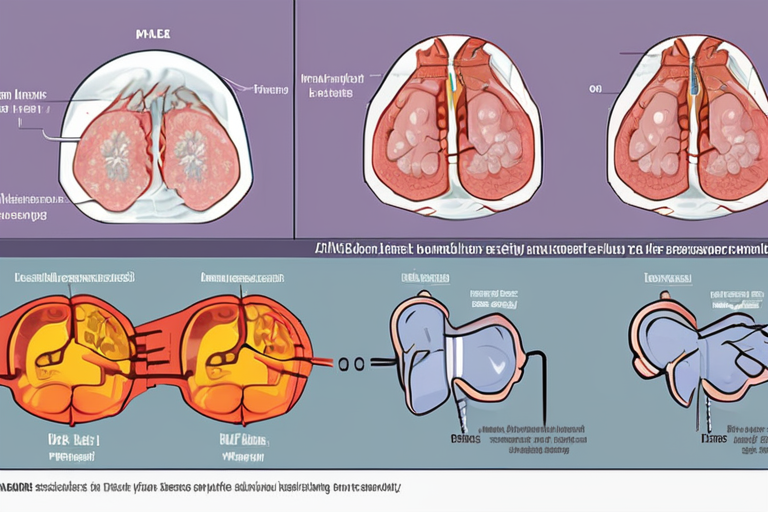
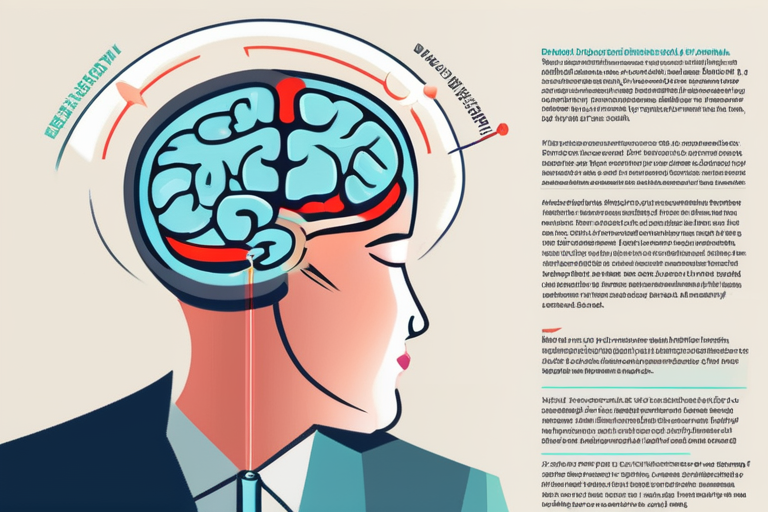
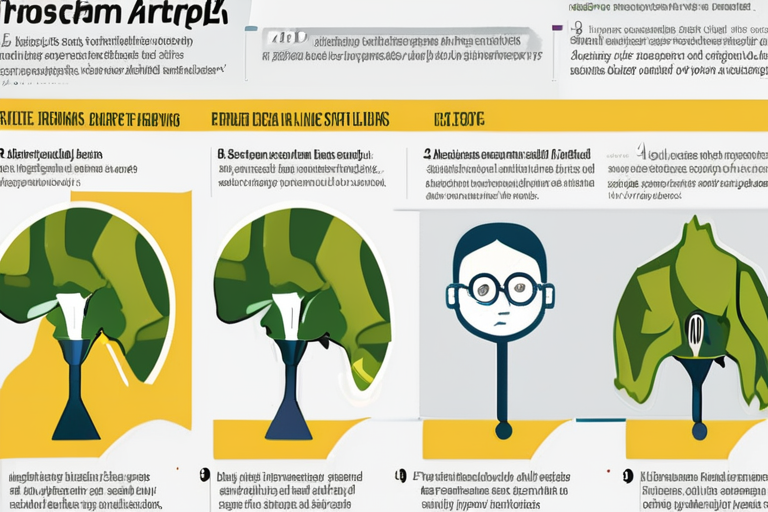
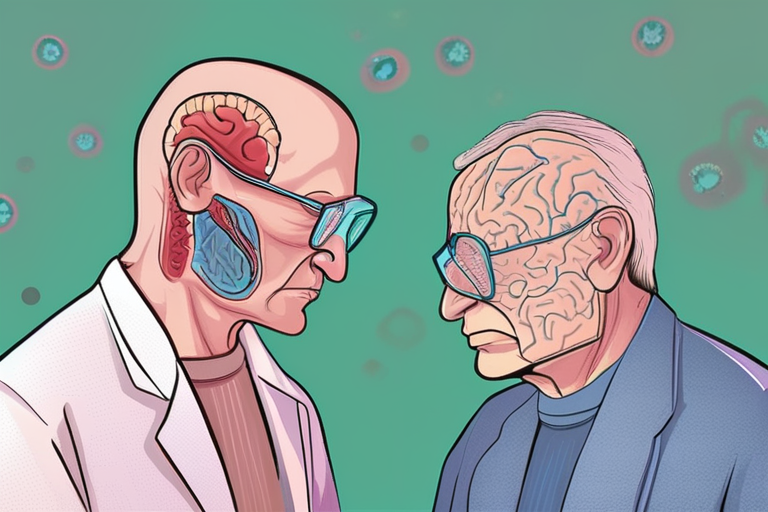
Share & Engage Share
Share this article